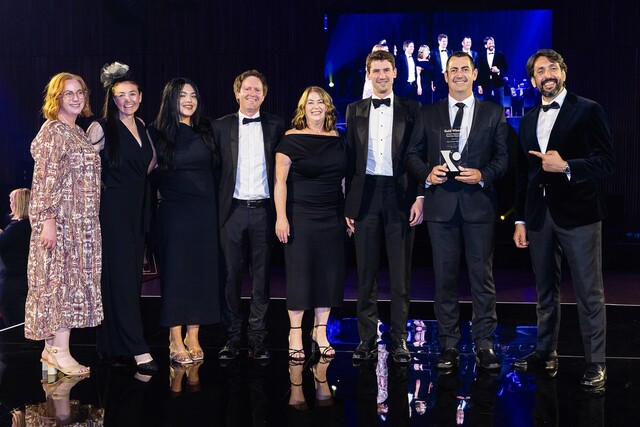Knowsley Council has formed a People’s Panel to ensure it continues to meet community expectations.
This panel of 2,500 people is regularly quizzed on a range of issues. To form the panel, Council wrote to 11,500 households asking for people interested in being involved. Surveying is carried out via questionnaires, telephone calls and focus groups.
In putting the community first, Knowsley’s Customer Strategy has three elements – a Customer Information Program, five one stop shop services centres located across the Borough and a Contact or Call Centre.
The Community Information Program has in excess of 50 projects. Using themes, such as ‘community safety’, ‘social and economic wellbeing’ and ‘lifelong learning’, Knowsley was the only UK winner in the 1999 Global Bangemann Challenge.
Organised by the City of Stockholm, the 1999 Challenge attracted 800 entries from all over the world. “As a socially deprived area, our level of PC ownership is low,” said David McElhinney, Assistant Chief Executive.
“With most of the area cabled and television ownership around 95%, Council has formed a strategic partnership with a private sector firm which will result in all households being provided with infrared keyboards.” The keyboards turn televisions into PCs, providing electronic access to Council services and the information revolution via the world wide web.
Council’s eight libraries all have Internet access. At Knowsley’s main library, user numbers average 7,000 per week. There are 40 computers all available free of charge. Half of these are connected to the Internet. Knowsley’s Library has its own local history website at history.knowsley.gov.uk
Training sessions are regularly conducted to assist people on how to use these electronic facilities. Council’s website (www.knowsley.gov.uk) has been set up for two and a half years. It has a range of interactive features to assist residents’ contact with Council and its service areas.
Knowsley’s first one stop shop customer centre was opened in 1993. Benchmarking itself against the best, some 95% of enquiries are dealt with by the one person at this first point of contact. “Multiskilled staff are purpose trained in a range of skills,” David McElhinney said. “This streamlines services and reduces costs.” “The key is a front and back office delineation. Most of the work is completed in the front office or service centre and not passed back.”
At Huyton, Council’s main one stop shop, some 4,500 enquiries are processed each week. The other four service centres handle 3,500 enquiries. People sit at the counter and Service Officers use computer screens to explain any details. Private interview rooms are available if requested.
“It is a much more relaxed process with people able to sit and discuss issues,” said Julie Spicer, Customer Service Coordinator. “Few people request the private interview rooms.” The one stop shops are open from 10 am to 1 30 pm on Saturdays and Council is currently considering extending hours into the evenings on specific days. “The whole approach we are taking is making it clear to customers that we value them,” Julie said.
The last aspect on its Customer Service Strategy is Knowsley’s Contact or Call Centre. Planned to open in October 2000, the Centre will operate seven days a week with 150 staff. “Our surveying found that 25% of our 3 million calls per year received an engaged signal,” David McElhinney said. “As a result, almost 10% of calls were being lost.
“Working with a private sector company, the Contact Centre aims to clear 95% of calls at this first point of contact.” New software will also be installed to accurately track issues and complaints. An Intranet system will connect all Council areas to ensure matters are dealt with as soon as possible.
“We are aiming for ‘intelligent led Local Government’ using the most up to date means available,” David McElhinney said. “99% of bins are emptied first time. The one percent missed can be very expensive!”
















